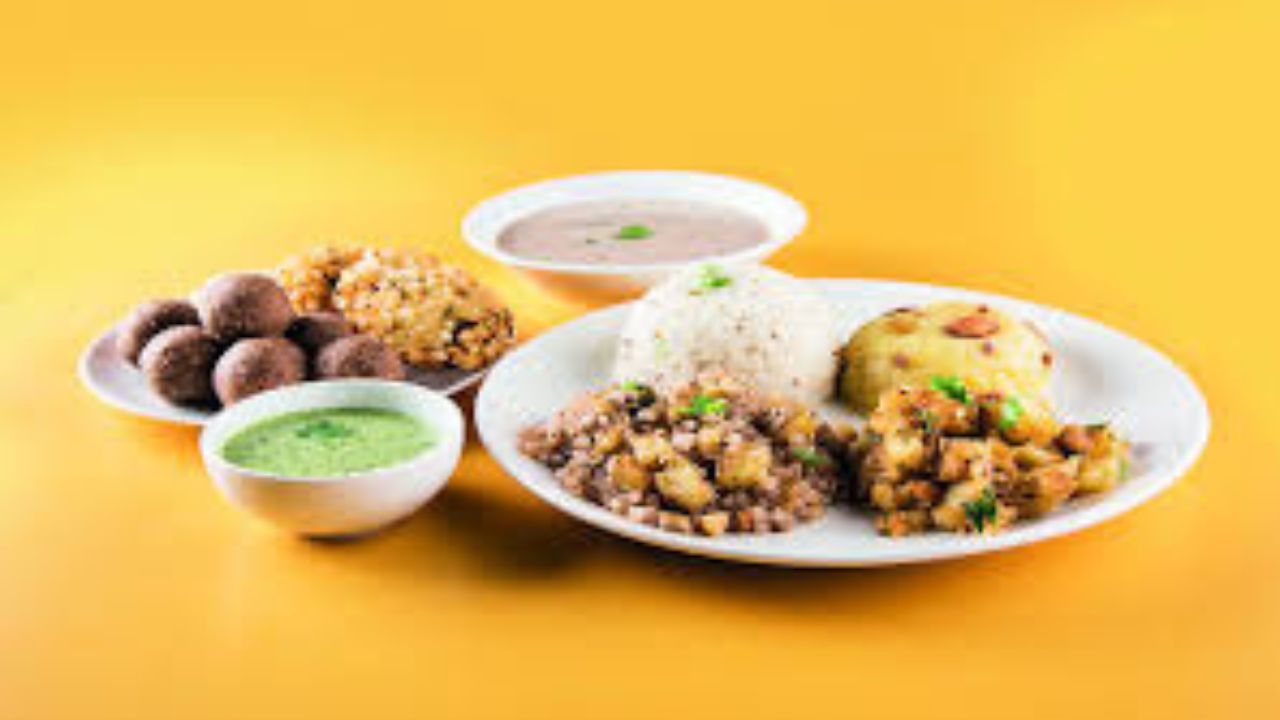Is the Navratri fast permissible for diabetics? Although some patients are better at controlling their blood sugar than others, the solution cannot be the same for every patient. Those with uncontrolled glucose levels are more likely to experience problems while fasting. It is crucial for diabetics to prepare their meals in advance and discuss any changes to their medication during this time with their doctors because Navratri is just a few days away and many Indians will fast throughout the nine days of the Hindu festival.
Those with diabetes can stay healthy over the nine days of fasting by regularly monitoring blood sugar, consuming complex carbohydrates, getting enough fiber and protein, and getting enough sleep. There is no shortage of diabetic-friendly dishes, from vegetables like lauki that are allowed during the Navratri fast to kuttu atta, samak ke chawal, and singhara atta.
Individuals who use a glucometer to monitor their blood sugar levels and who have good blood sugar management may not have many issues fasting during Navratri.
Why blood sugar levels might change when you’re fasting
If you take your regular diabetic medicine but don’t eat much for the majority of the day, it is possible that your blood sugar levels could drop to dangerously low levels. Nonetheless, one has a tendency to overeat after breaking their fast, which can cause their blood sugar to spike.
Your diabetes doctor’s advice is crucial since they can advise you on the dosage throughout the fasting phase.
Foods to consume and stay away from during fasting
While many of the meals consumed during the Navratri fast, such as kuttu atta, lauki, and samak ke chawal, are generally nutritious, how you prepare them can have a significant impact on whether or not they elevate your blood sugar levels. For those with diabetes, deep frying them or adding sugar can be harmful.
People typically eat potatoes and kuttu atta during fasting. But this cooking technique is the true issue. With these ingredients, poori and pakoda are frequently made. Singhare and kuttu atta are excellent for diabetics because they contain complex carbohydrates that help to regulate blood sugar levels. However, deep-frying them might be detrimental and cause blood sugar levels to rise.
Making rotis and eating kuttu or singhara atta with curd is the proper way to consume it.
You can also have petha and lauki during vrat, but be careful not to add jaggery to them.
Those with diabetes should take samak chawal, which is consumed while fasting. It can be made into khichdi and eaten with curd or into kheer.
In order to keep one’s energy levels up when fasting, one can also consume milk and buttermilk.

 हिंदी
हिंदी






